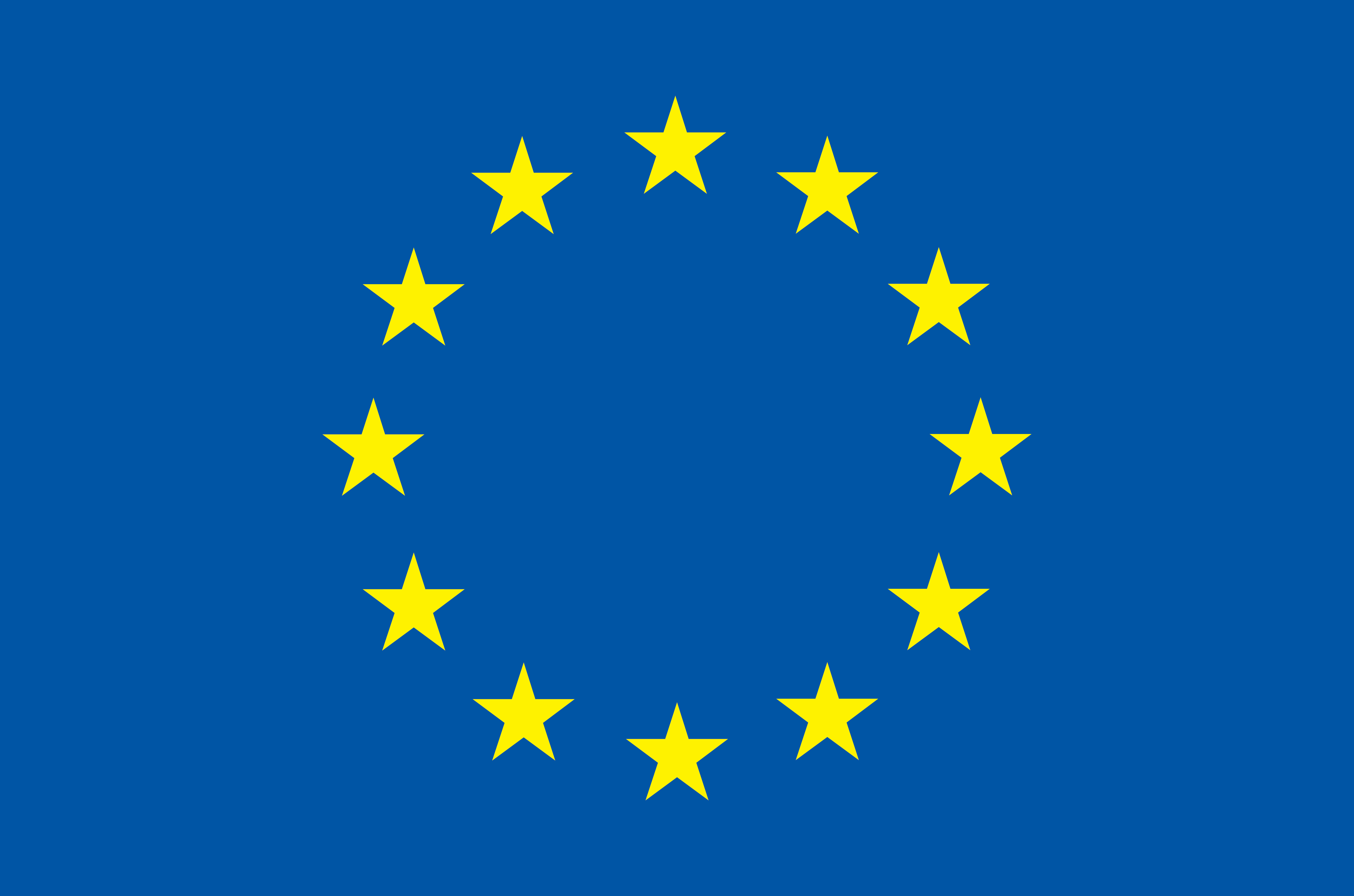Accelerators for Science and Society Symposium
Arena and Convention Centre Liverpool
Particle accelerators have numerous applications across many fields including fundamental research, medicine, electronics, environment and energy.
In this Symposium, leading scientists from across Europe discussed how advances in accelerator research are driving innovation across a wide range of sectors and creating huge benefits for both science and society. Each speaker provided unique insight into their current research and showcase their vision for future developments and applications.
In addition, an international best-selling author and educator highlighted the importance of art and creative subjects working alongside scientific disciplines in order for society to innovate and solve the big challenges it faces.
Finally, the coordinator of the OMA, AVA and LIV.DAT training initiatives presented an overview talk about best practice in researcher training.
All presentations were live streamed on the day and are now available to watch here.
Further information:
www.oma-project.eu
www.ava-project.eu
www.livdat.org

The OMA and AVA projects have received funding from the European Union’s Horizon 2020 research and innovation programme under the Marie Skłodowska-Curie grant agreement No 675265 (OMA) and No 721559 (AVA).
The LIV.DAT training centre is supported by the Science and Technology Facilities Council (STFC) and hosted by the University of Liverpool and Liverpool John Moores University / Astrophysics Research Institute.